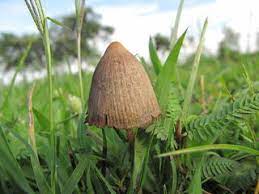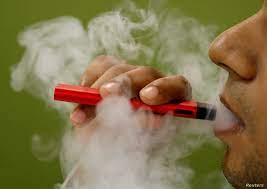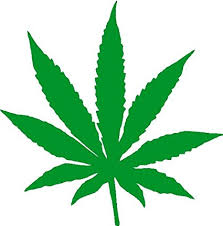Psilocybin

Over the last few months, I have received many questions about psilocybin, also known as “magic mushrooms,” a drug that seems to be constantly in the news. It turns out that much of the current research on psilocybin is conducted by my colleagues at the Behavioral Pharmacology Research Unit at Johns Hopkins, led by an excellent researcher named Dr. Roland Griffiths. This group has already established a Center for Psychedelic and Consciousness Research.
What is psilocybin? Psilocybin is a hallucinogen or psychedelic drug. This means that it can alter a person’s mood, thoughts, and perceptions. Other examples of psychedelic drugs are LSD and mescaline. People who take psychedelics often report a profound mystical experience that transforms the way they think about their life and values. Psychedelic drugs are distinguished from what are called “dissociative” drugs like ketamine or PCP, which make people feel disconnected from their body or environment. The drug MDMA (known as “Ecstasy”) seems to have both psychedelic and dissociative properties.











